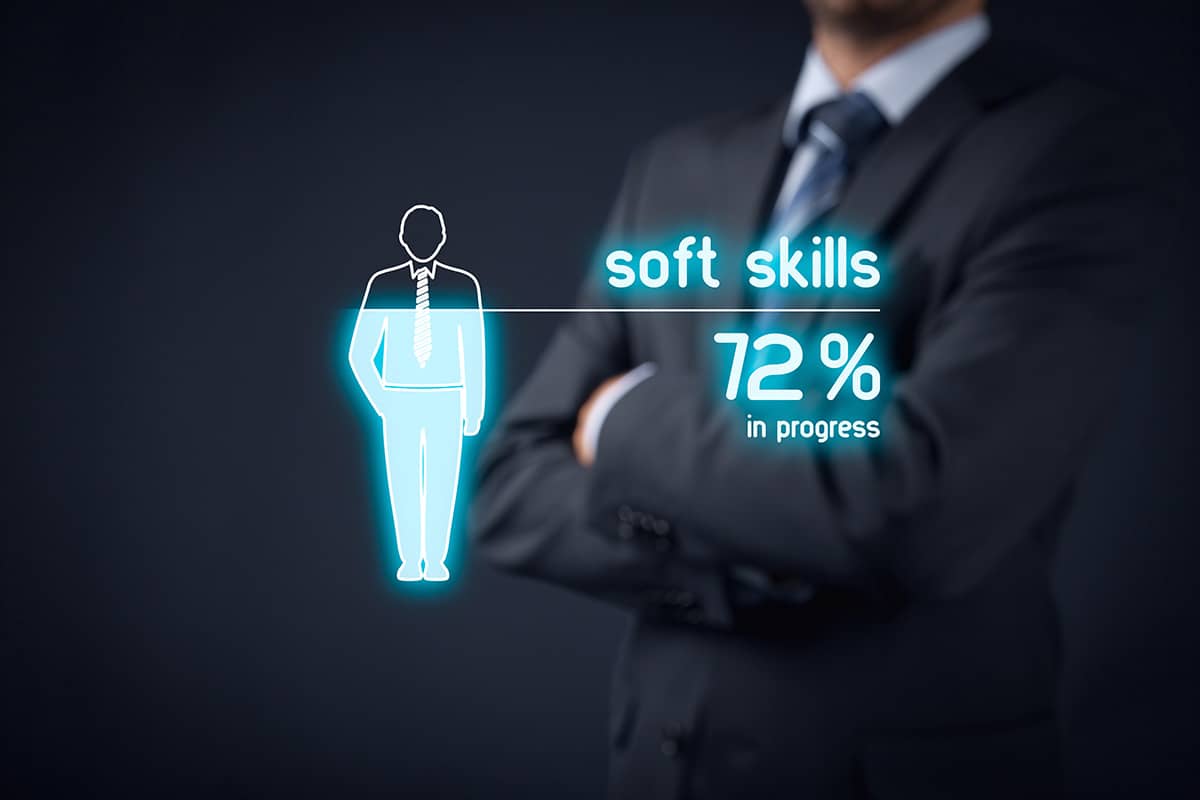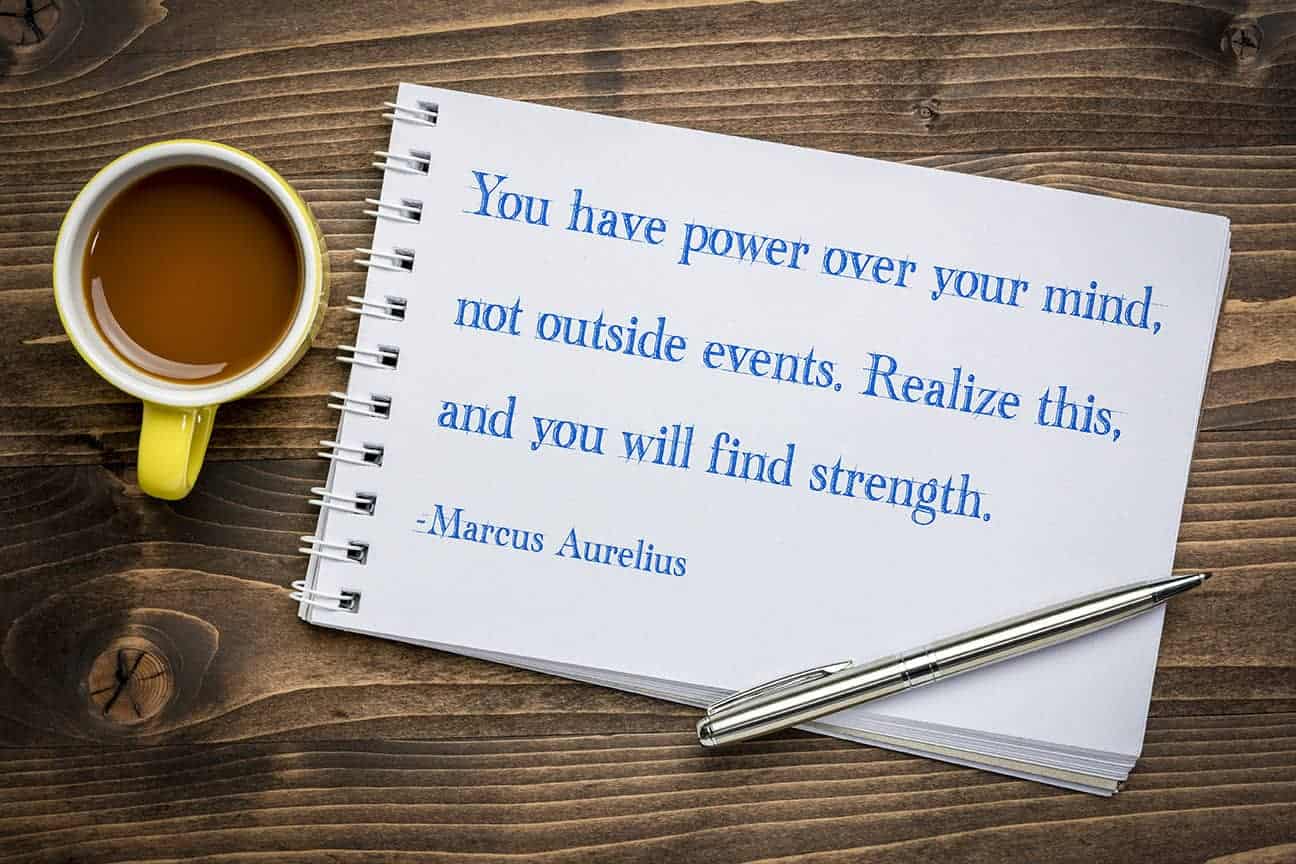Job interviews often stir up conflicting emotions. You’re excited about the opportunity to advance your career, but anxious about the impression that you’ll make. A few simple steps can help you to feel more at ease.
Calming Your Mind
It’s natural to feel anxious, but advantageous to keep it from showing. Looking relaxed helps you to appear confident and competent.
- Take a deep breath. Your breath affects your state of mind. Try quieting your thoughts with three part breathing. Inhale deeply filling your lower abdomen, upper abdomen, and chest. Spend an equal amount of time exhaling.
- Sleep well. It can be difficult to sleep before your big event, but your body needs rest. Turn off the television and computers a couple of hours before you retire and ensure your bedroom is dark. Read a boring book or take a warm bath.
- Go for a walk. After a good night’s rest you can rise early and treat yourself to a stroll around the neighborhood. Activity and morning sun will help you to feel energized and alert. Remember to leave time for a hearty breakfast too.
- Enjoy the excitement. Check your self talk. Tell yourself you’re excited rather than anxious. Focus on the bright side.
- Watch your body language. Gestures count too. Standing up straight and lowering your shoulders will put you at ease and reassure you of your strength. Make eye contact, and work on your handshake.
- Prepare for conversation. Take the pressure off by viewing your interview as a discussion rather than an interrogation. You’re trying to find a good match that will benefit you and your potential employer.

Preparing Your Case
One secret to building up your confidence is to walk into your interview secure in the knowledge that you’re well prepared. Modern technology makes it easier than ever to learn about any company and its employees.
- Plan your route. Go over the directions twice to be sure you understand each step. Give yourself a little extra time to allow for traffic or public transportation delays.
- Do your research. Browse through the website and scan the annual report. Read the LinkedIn profiles for the staff members you’ll be interviewing with. Ask around your network to see if someone can introduce you to a contact who knows the company first-hand.
- Practice your performance. Recruit a friend to rehearse for your interview. Offer to do the same for them. If you’re on your own, practice in front of a mirror.
- Dress the part. Lay out your wardrobe in advance so you know you have clean socks and a suit that fits. Choose your accessories carefully. Style your hair so it stays out of your eyes and put on a friendly smile.
- Listen carefully. While you’re working on what to say, give equal time to listening. Ask thoughtful questions. Look for clues about what qualities the interviewer cares about and what needs they’re trying to fill.
- Focus on making a contribution. Let the interviewer know what makes you different from the other candidates. Be specific about your background and strengths. Talk about how you can use them to create value for their company in the short and long term.
- Look at the big picture. Finally, keep the situation in perspective. Each interview is a success when you consider it practice until you find a new opportunity. Refine your message and brush up on your presentation skills.
Say goodbye to sweaty palms and knocking knees. Show up for your interview poised and prepared. Rely on proven relaxation methods and careful preparation to help you land the job offers you want.




